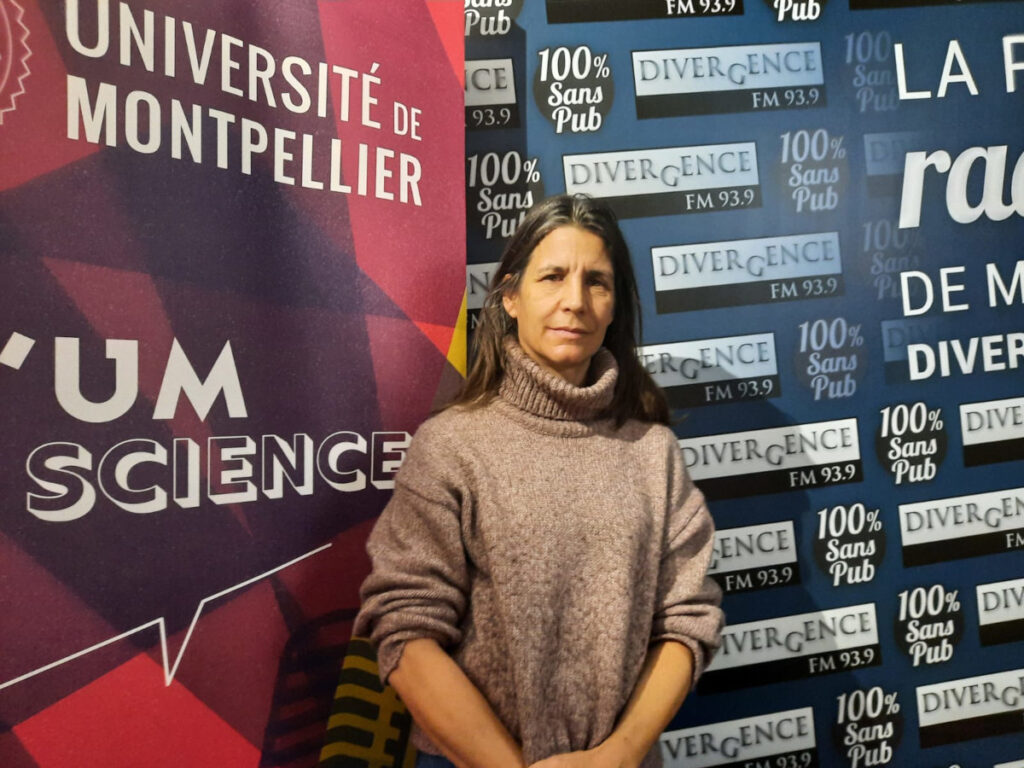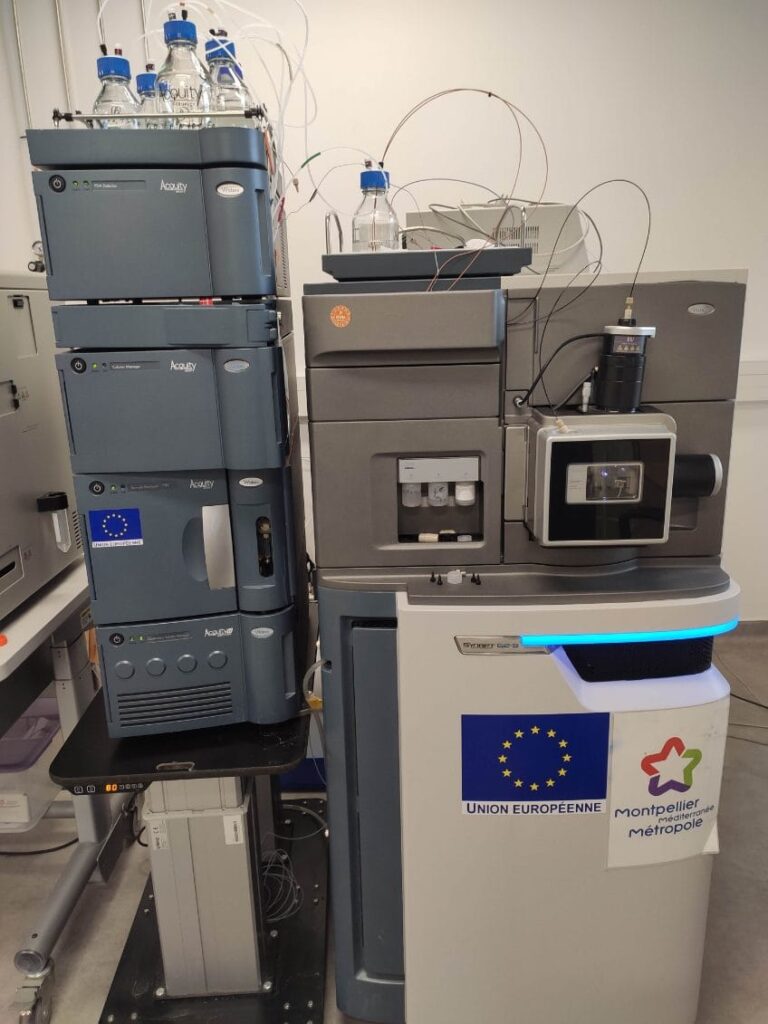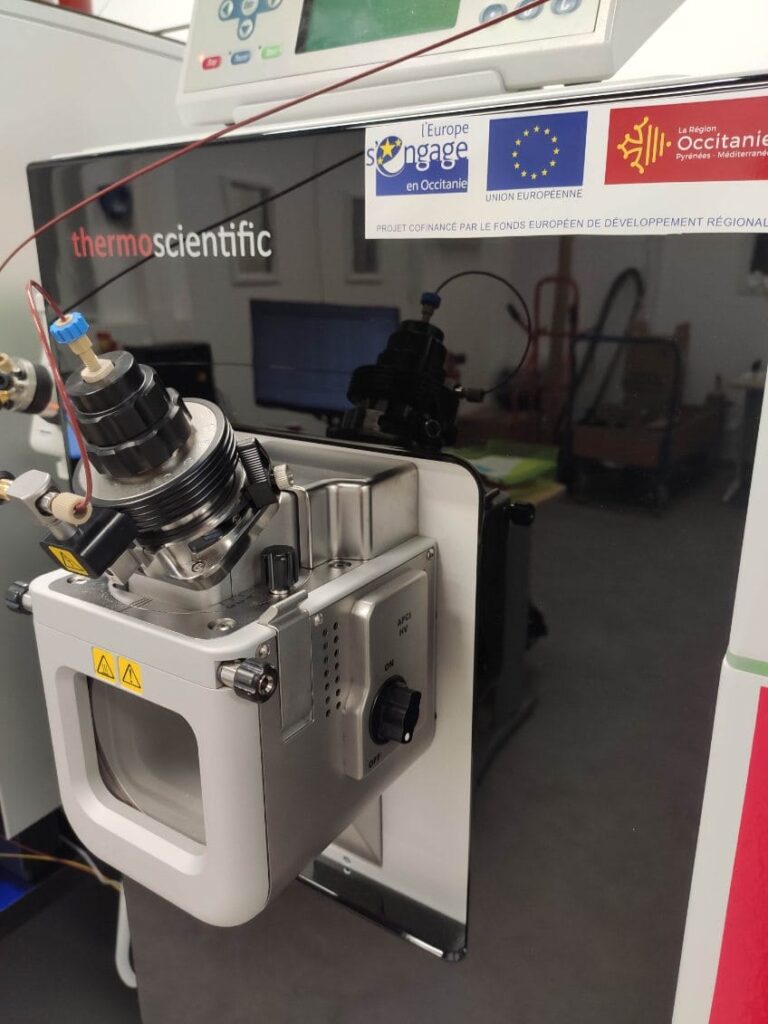Science at UM [S04-ep05]: The decline of insects
This week on A l’UM la science, Laurence Gaume, researcher at the Amap laboratory Amaplaboratory, talks to us about the decline of insects. The report takes you aboard the spectrometry gondola of the physical measurements laboratory with Guillaume Cazals. Finally, we end with the44th edition of the autumn mushroom and plant fair. A program co-produced and broadcast on Divergence radio every Wednesday at 6pm.

Last week, the WWF published its latest Living Planet Report 2024. The findings are stark: 73% of wild vertebrate populations have disappeared in 50 years. This is a collapse. At this rate, leatherback turtles, forest elephants, and orangutans will not see the end of this century. Two or three years ago, on this same program, Vincent Devictor and I announced that bird populations had fallen by an average of 25% in 40 years. That is also a collapse.
Today we're going to talk about insects. Try this test: ask the people around you if they think insect populations are declining. One in two people will tell you about their car windshields being covered in insects in the past, which says a lot about our relationship with these little creatures. Rare are those who express regret for the grasshoppers that exploded in showers of sparks with every step in the tall grass, or the ladybugs whose spots we enjoyed counting, the woodlice that swarmed under every turned stone, or the lemon butterflies that, it was said, heralded the arrival of spring.
In 2020, a study published in the highly prestigious journal Science undermined the windshield theory. The good news was that the collapse of insect populations was not as catastrophic as it seemed. Except that...
Except that the InsectChange database used to conduct this study contains more than 500 errors that cast doubt on these optimistic results. Identifying these 500 errors was the painstaking work of Laurence Gaume, a researcher at the Amap laboratory, together with Marion Desquilbet. A study published in Peer Community Journal on October 8, 2024.
In the second part of the program, the report moves to the physical measurement laboratory, where Guillaume Cazals takes us to the mass spectrometry gondola. He describes how spectrometers work, comparing them to scales that can weigh molecules very precisely in order to better characterize them.


Finally, our last-minute guest is Françoise Fons, who tells us about an event we love at UM: the44th edition of the Mushroom and Autumn Plants Fair, which will be held this weekend at the Faculty of Pharmacy.
At UM Science, you have the program, so let's get started!
Co-production: Divergence FM / University of Montpellier
Host: Lucie Lecherbonnier
Interview: Lucie Lecherbonnier / Aline Périault
Reporting and editing: Aline Périault
Production: Bruno Bertrand
Listen to the program “A l’UM la science” on Divergence FM 93.9
